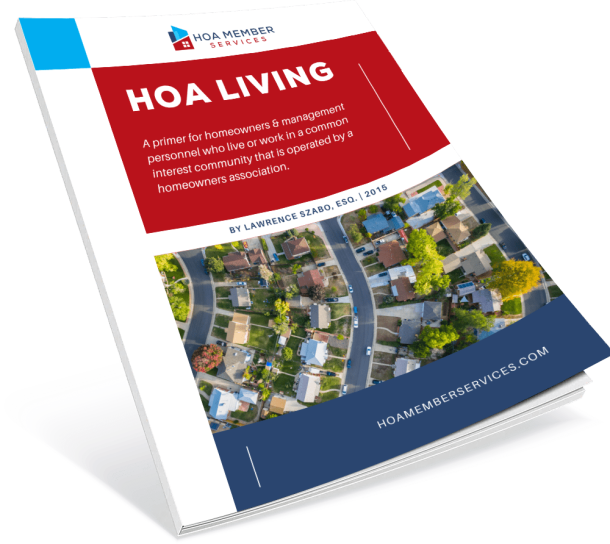HOAs Should Have Policies and Procedures for Investigating Harassment Claims
- Board of Directors
The federal Fair Housing Act (FHA) of 1968 prohibits the discrimination of individuals based upon their race, color, religion, sex, handicap, familial status, or national origin, and said laws have been found to be applicable to homeowners associations. Thus, it is imperative that homeowners association officers, directors, and management personnel be aware of how the FHA can impact their homeowners association.
In 2016, the Department of Housing and Urban Development (HUD) completed formal rules in order to create standards for assessing harassment claims under the FHA and facilitate consistency by courts in rulings that are made in harassment claim cases that are brought under the FHA. One such new rule that is codified in Title 24 of the Code of Federal Regulations at section 100.7, subparagraph (a)(1)(iii), a copy of which is linked below, states that a “person“ (which could be the association and/or its individual board members, officers or managers), is directly liable for “Failing to take prompt action to correct and end a discriminatory housing practice by a third-party (i.e. an association employee, member, or a tenant of an association member), where the person knew or should have known of the discriminatory conduct and had the power to correct it.”
To establish liability under the above section, the discrimination in question must have been against a member of one of the classes of people that are protected by the FHA and: (i) the person knew or should have known about the alleged harassment; (ii) the person failed to take prompt action to correct the injustice; and (iii) the person has the power to correct the alleged behavior.
Knowledge of the Alleged Harassment.
The first element to establish liability is to show that the person knew, or should have known based on facts he or she was aware of, is that a person has been the victim of discrimination based on their race, color, religion, sex, handicap, familial status, or national origin. If the harassment is not based on a protected class, it may still qualify as harassment, but it will not trigger the requirements under the FHA for the association to intervene. To determine if harassment is taking place, HOA directors should evaluate the nature of the conduct being alleged, the context in which the alleged incidents occurred, the severity, scope, frequency, duration, and location of the conduct, and the relationships of the people involved. It does not require proof that the alleged victim suffered psychological or physical harm, only that the alleged harassment occurred.
Prompt Action to Correct the Injustice.
Subscription Required to Continue Reading
To view the full HOA Featured Article, you must have a Subscription with HOA Member Services
Become a Member
Personal Monthly
-
Access to over 600 Articles & Case Decisions
-
Access to hundreds of Resources
-
HOA Newsletter
-
Free Copy of HOA LIVING
-
25% OFF Download Forms
-
1 User
Personal
-
Access to over 600 Articles & Case Decisions
-
Access to hundreds of Resources
-
HOA Newsletter
-
Free Copy of HOA LIVING
-
25% OFF Download Forms
-
1 User
Pro
-
Access to over 600 Articles & Case Decisions
-
Access to hundreds of Resources
-
HOA Newsletter
-
Free Copy of HOA LIVING
-
Free Unlimited Access to Download Forms (save $1000s!)
-
Unlimited Personal Support from HOA Attorney
-
1 User
HOA Team
-
Access to over 600 Articles & Case Decisions
-
Access to hundreds of Resources
-
HOA Newsletter
-
Free Copy of HOA LIVING
-
Free Unlimited Access to Download Forms (save $1000s!)
-
Unlimited Personal Support from HOA Attorney
-
Up to 10 Users

